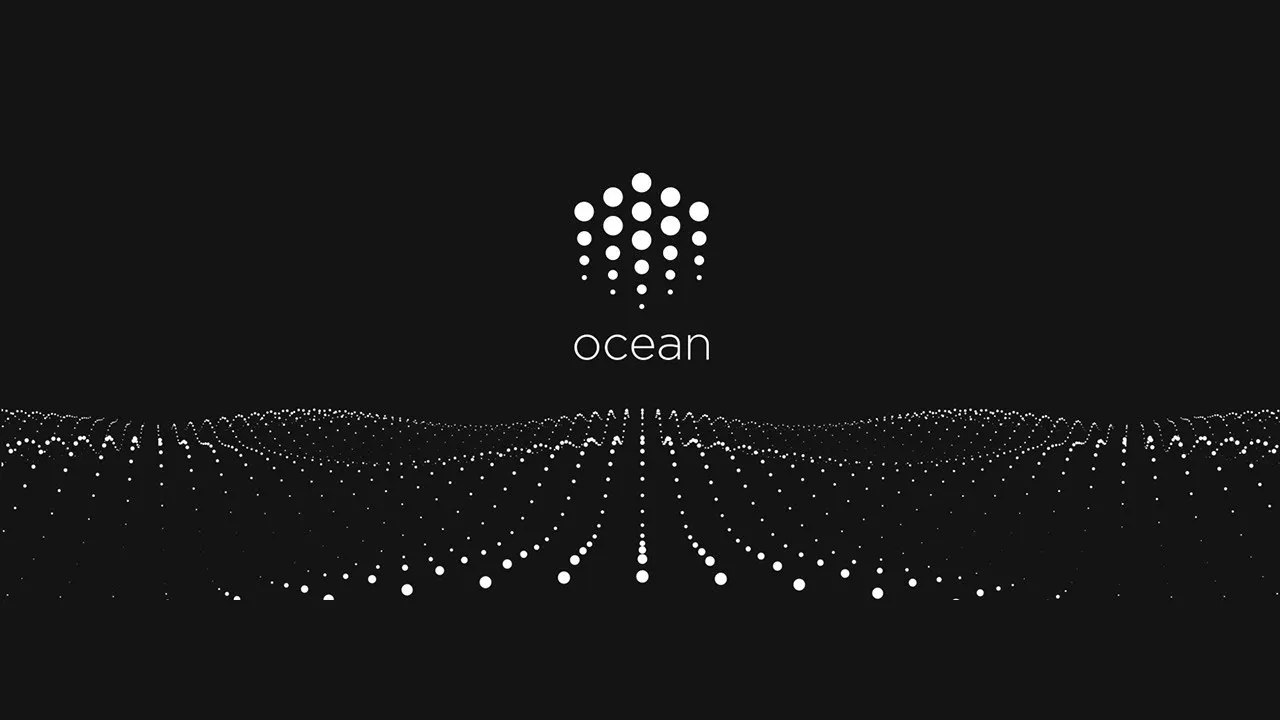
Ocean Protocol™ | Official Website
Overview of Ocean Protocol
Ocean Protocol is a decentralized data exchange protocol that aims to unlock data for AI and other applications while ensuring privacy, security, and control for data providers. By facilitating the sharing and monetization of data, Ocean Protocol empowers organizations to leverage their data assets without compromising privacy. This innovative approach addresses the growing need for data in the AI landscape, where high-quality data is essential for training machine learning models.
Key Features of Ocean Protocol
Decentralized Data Marketplace:
Ocean Protocol allows data owners to publish, share, and monetize their data assets in a secure and decentralized marketplace. This marketplace connects data providers with data consumers, enabling a variety of use cases.
Data Privacy and Control:
Users maintain control over their data. Ocean Protocol employs advanced cryptographic techniques to ensure that data can be shared without exposing sensitive information. Data providers can set access permissions and terms for data usage.
Compute-to-Data:
This feature allows users to run algorithms on data without transferring the data itself. It ensures that sensitive data remains secure while still enabling valuable insights to be derived from it.
Tokenomics:
Ocean Protocol utilizes the OCEAN token, which serves multiple purposes within the ecosystem, including governance, staking, and as a medium of exchange within the data marketplace.
Interoperability:
Ocean Protocol is designed to work across different blockchain networks, enhancing its utility and enabling a broader range of applications.
How Ocean Protocol Works
1. Data Providers
Data providers can publish their datasets on the Ocean Protocol marketplace. The process involves:
Data Tokenization: Datasets are tokenized into ERC-20 tokens, allowing them to be traded on the marketplace.
Setting Permissions: Providers can define access controls, usage terms, and pricing models for their data.
2. Data Consumers
Data consumers can browse the marketplace to discover datasets that meet their needs. The steps include:
Searching for Data: Users can search and filter datasets based on various criteria, such as type, quality, and price.
Accessing Data: Once a dataset is purchased, consumers can access the data according to the permissions set by the provider.
3. Compute-to-Data
This innovative feature allows users to perform computations on data without actually accessing the raw data. This is how it works:
Execution of Algorithms: Consumers can run their algorithms on the data while keeping the data secure. The results are returned without exposing the underlying data.
Privacy Preservation: This ensures that sensitive information remains private, addressing concerns around data security and compliance.
Use Cases for Ocean Protocol
Artificial Intelligence:
AI applications require large datasets for training models. Ocean Protocol provides access to diverse data sources, enabling more effective AI solutions.
Healthcare:
Healthcare data is often sensitive and subject to strict regulations. Ocean Protocol allows healthcare organizations to share insights without compromising patient privacy.
Finance:
Financial institutions can share data to improve risk assessments and fraud detection while maintaining compliance with data protection regulations.
Smart Cities:
Urban data, such as traffic patterns and energy consumption, can be shared among stakeholders to enhance city planning and resource management.
Research and Development:
Researchers can access datasets from various fields to drive innovation while ensuring that data providers are compensated for their contributions.
Benefits of Ocean Protocol
Enhanced Data Access:
Ocean Protocol democratizes access to data, enabling businesses and individuals to leverage data more effectively.
Monetization Opportunities:
Data providers can generate revenue from their datasets, creating a new income stream without sacrificing control over their assets.
Privacy and Security:
The protocol ensures that data remains private and secure, addressing the primary concerns of data providers.
Community Governance:
Ocean Protocol operates on a decentralized governance model, allowing OCEAN token holders to participate in decision-making processes regarding the protocol's development.
Challenges and Considerations
Data Quality:
Ensuring the quality of datasets published on the marketplace is crucial for attracting consumers. Ocean Protocol must implement effective mechanisms for quality control.
Regulatory Compliance:
The platform must navigate complex regulatory landscapes, especially in industries like healthcare and finance, where data privacy is paramount.
Adoption and Awareness:
For Ocean Protocol to succeed, it needs widespread adoption among data providers and consumers. Building awareness and trust in the platform is essential.
The Future of Ocean Protocol
Expanding Partnerships:
Ocean Protocol aims to forge partnerships with organizations across various sectors to broaden its data marketplace and enhance its offerings.
Improving User Experience:
Continuous enhancements to the platform's interface and functionality will help attract more users and streamline the data exchange process.
Innovating Data Solutions:
As the demand for data-driven insights grows, Ocean Protocol will likely expand its features, such as integrating advanced analytics tools and improving compute-to-data capabilities.
Community Engagement:
Engaging the community through educational initiatives, workshops, and governance participation will be critical to the platform’s growth and sustainability.
Conclusion
Ocean Protocol represents a groundbreaking approach to data sharing and monetization in the digital age. By enabling secure and decentralized data exchange, it empowers data providers while addressing the pressing need for high-quality datasets in AI and other applications. As the platform continues to evolve, it has the potential to reshape how data is accessed, shared, and utilized across various industries.
If you have specific areas you'd like to explore further or any other questions about Ocean Protocol, feel free to ask!
2:19 PM
Share
Compare
@Web-Search